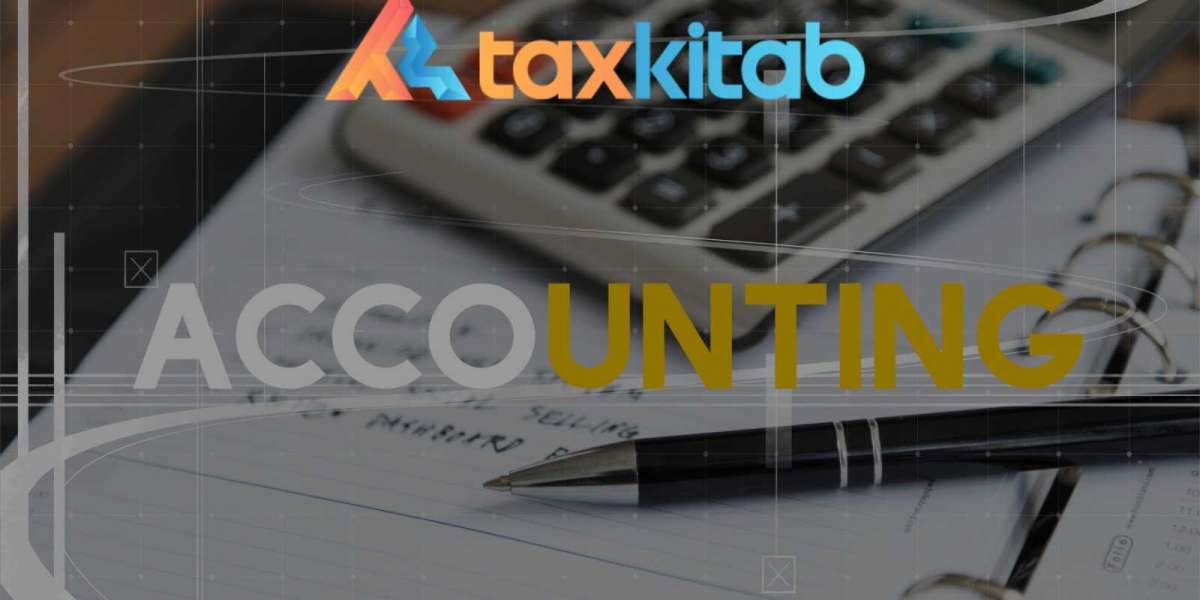Tax season doesn’t have to be a scramble—and it definitely shouldn’t be a surprise.
If you’re a business owner, entrepreneur, or freelancer, preparing for taxes shouldn’t just be about meeting deadlines—it should be a strategic opportunity to save money, improve compliance, and gain insight into your financial health.
More details inside: https://taxkitab.com/business-tax-preparation-streamline-your-finances-and-maximize-savings/
In this guide, we’ll show you how to simplify your business tax preparation and maximize your savings—all without the stress.
? Why Tax Prep Matters More Than You Think
A lot of business owners treat tax season like damage control—handing over receipts, scrambling through spreadsheets, or hoping their accountant can “fix it.” But good tax preparation is proactive, not reactive.
Here’s what effective tax prep does for your business:
✔️ Avoids penalties and interest
✔️ Identifies every eligible deduction and credit
✔️ Helps you plan cash flow around tax obligations
✔️ Keeps your business compliant with evolving regulations
✔️ Gives you peace of mind and financial clarity
? Step 1: Get Organized Early
Tax prep isn’t a one-day task. It starts with keeping your financial records organized year-round.
? Keep Track of:
All business income (sales, services, investments)
Operating expenses (rent, salaries, marketing, software, etc.)
Fixed assets (equipment, vehicles, computers)
Receipts, invoices, and bank statements
Loan repayments and interest
? Pro Tip: Use cloud-based accounting tools like QuickBooks, Xero, or Zoho Books to track income and expenses automatically. These can also integrate directly with tax software or your accountant’s system.
? Step 2: Know What You Can Deduct
Business owners often miss out on thousands in tax savings simply because they don’t know what they can deduct.
? Common Deductions Include:
Business travel and mileage
Office rent or home office expenses
Marketing and advertising costs
Employee wages and contractor payments
Business meals and client entertainment (with limitations)
Software subscriptions and online tools
Internet and phone expenses
Depreciation on equipment
✅ Maximize savings by categorizing every expense correctly throughout the year—not just at tax time.
? Step 3: Choose the Right Tax Structure
The type of business you operate—sole proprietorship, partnership, LLP, private limited company, or corporation—affects your tax rate, filing requirements, and deductions.
Choosing the optimal structure (or switching when the time is right) can:
Lower your overall tax burden
Reduce audit risk
Allow you to split income or defer taxes legally
? Consult a tax advisor to ensure your structure aligns with your income level and growth plans.
? Step 4: Understand Your Tax Deadlines
Late filings or missed payments can trigger penalties, interest, and even audits. Stay ahead by knowing the key due dates for your jurisdiction.
? Common Business Tax Deadlines:
Quarterly estimated taxes (for self-employed, freelancers, and pass-through entities)
Annual income tax return
Sales tax / GST filings
Payroll tax reports
1099 or TDS filings (if applicable)
? Create a tax calendar with reminders to avoid last-minute panic.
? Step 5: Work with a Tax Professional
DIY tax filing works for some—but as your business grows, so do the risks and complexities.
A qualified CPA, CA, or tax consultant can:
Spot deductions and credits you might miss
Help with proper depreciation schedules
Prepare audit-proof documentation
Offer strategic advice to reduce future tax liability
✅ Even if you’re using software, a professional review can uncover extra savings and reduce compliance risks.
? Step 6: Plan Ahead—Not Just at Year-End
The biggest mistake small business owners make? Waiting until March or April to think about taxes.
Smart business owners plan taxes throughout the year by:
Estimating quarterly liabilities
Adjusting salaries or distributions for tax efficiency
Timing equipment purchases or investments
Tracking deductible expenses in real time
? Tip: Book a mid-year tax review with your accountant. You’ll thank yourself later.
✅ Bottom Line: Tax Prep Isn’t Just About Filing—It’s About Saving
When you take a strategic, organized approach to tax preparation, you don’t just survive tax season—you make it work for your business.






